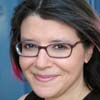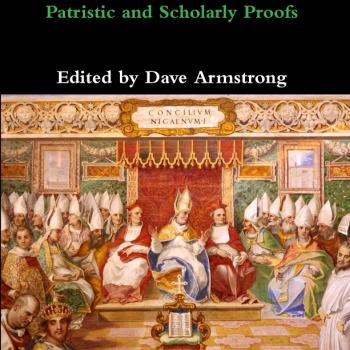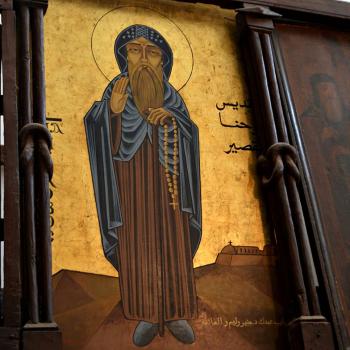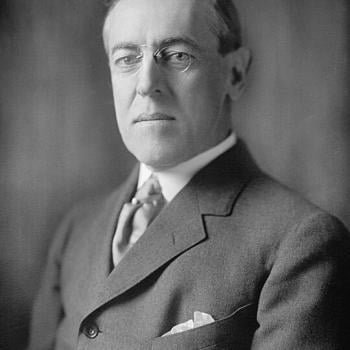 By Jennifer Michael Hecht
By Jennifer Michael Hecht
In the years since I published Doubt: A History in 2003, I have been invited to a great variety of colleges, churches, temples, and secularist meetings. I have come to believe that people need community, ritual, and meditation. Religion knows a lot about how to do these things well, so even the large portion of people who do not believe in God or anything supernatural, still turn to religion for some things.
There are many people who relate to religion in a way that I call, "Drop by and lie," which is to say, they only go to a house of worship on the most important occasions of their lives, and they accept the idea that they will consecrate these moments using statements with which they heartily disagree. A lot of nonreligious people will get the community and meditation they need from the secular world, but for the rituals that help us cope with birth, death, and marriage, they continue to seek a place of tradition, a place marked off as sacred.
There are many extremely subtle thinkers among the ministers, priests, and rabbis I have met, and they are aware that their sacraments are often being performed for people who do not believe in God or in any notion of divinely revealed rules or truths. You might think that these clergy would think job one is to convince the unbeliever to believe, but that does not seem to be the reaction. Instead, many clergy themselves have doubts about the supernatural, and there are many who do not believe in God themselves. What they believe in is the mission of religion to help people live.
Much of the future of religion is going to be about ministers, priests, and rabbis formulating a more robust welcome to the unbelievers in their communities. Religion can be seen as the repository of human attempts to get in a certain mood. When people gather to read good words together, they need to make use of the treasure trove of poetry, philosophy, essays, and songs that help us to see life in deep and various perspectives. Many religious groups already have decades of experience doing this. It does not get talked about a lot because it does not fit any of the models we hear about: Anyone stumping for religion tends to promote a more traditional interpretation of it than what is going on in a lot of churches and temples today; anyone stumping for atheism tends to want people to stay out of houses of worship entirely.
When you look at what Americans are actually doing you see something much more evenhanded. Maybe we have not all thought it through, but many people have a strong feeling that church and temple have a place in their lives. In the coming years clergy and lay people are both going to become more conscious of all of this, and it will thereby become less conflicted.
Being a human being is strange, marvelous, and horrific. We think sublime thoughts using a system of meat and chemicals. We appear out of nothing and return to nothing, but we are part of something real. We can imagine the vast universe and also notice our own inverted reflection in a drop of water hanging on a leaf. Our lives are hard; even the easy ones are difficult to live through a lot of the time.
We need to help each other remember that we are not alone, we are here with each other. We can witness each other's struggles, hold each other's hands. We need to remember that it is hard all around, that we can all lift our voices together and make the worst of it better. Religion is going to keep being a part of that. Why give up the beautiful buildings and the tax exemption? As time goes on I think we are going to get better at facing what we actually believe and integrating that into the rituals and meditations that we do. There have been many religions that functioned well (gave people solace, helped them bear their lives, and led them to celebrate) without any supernaturalism. I think this may be where we are headed.
Jennifer Michael Hecht teaches writing at The New School. She is the author of award-winning books of philosophy, history, and poetry, including Doubt: A History (HarperCollins, 2003), The End of the Soul: Scientific Modernity, Atheism, and Anthropology (Columbia University, 2003), and The Next Ancient World. Her most recent collection of poems, Funny, won the University of Wisconsin's 2005 Felix Pollak Poetry Prize, and Publisher's Weekly called it "one of the most original and entertaining books of the year." Her book reviews appear in the New York Times and Washington Post.
9/7/2010 4:00:00 AM




